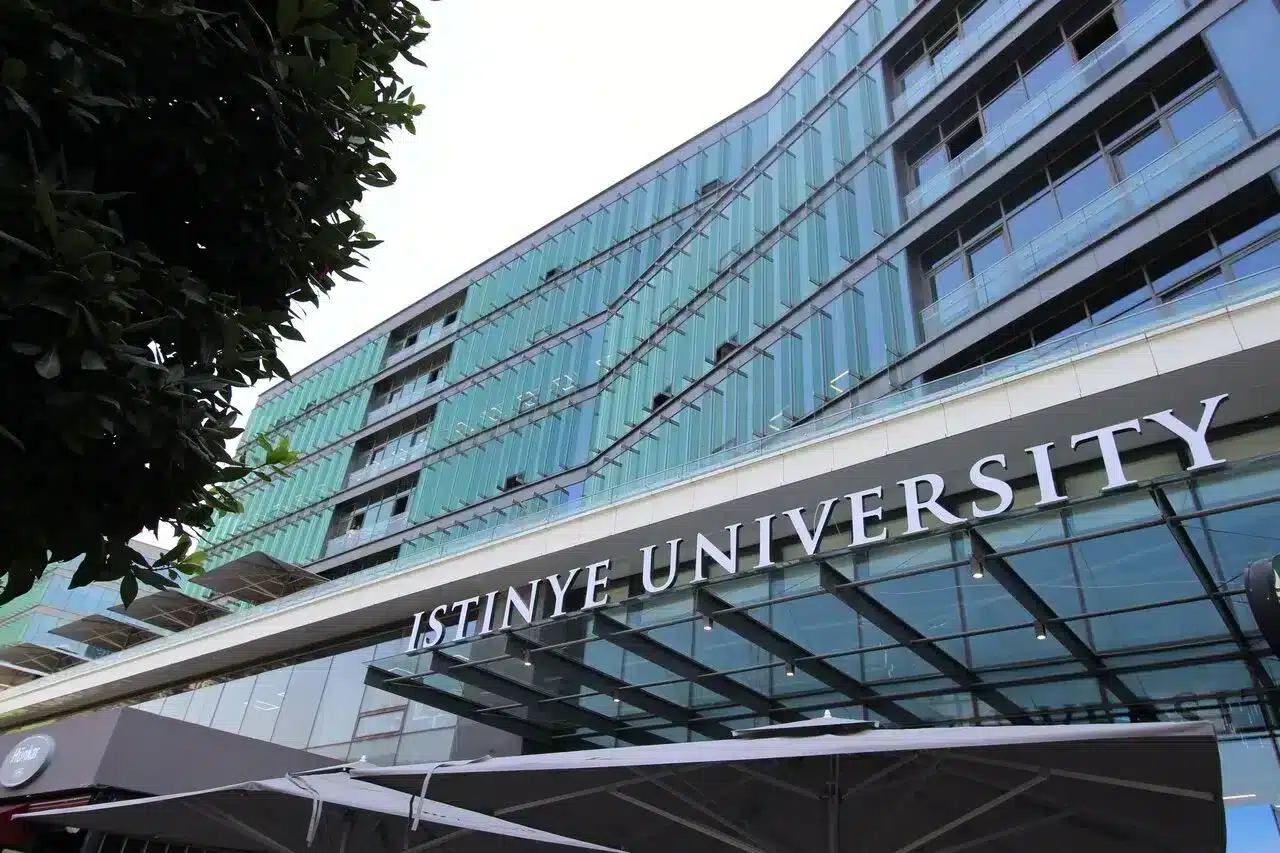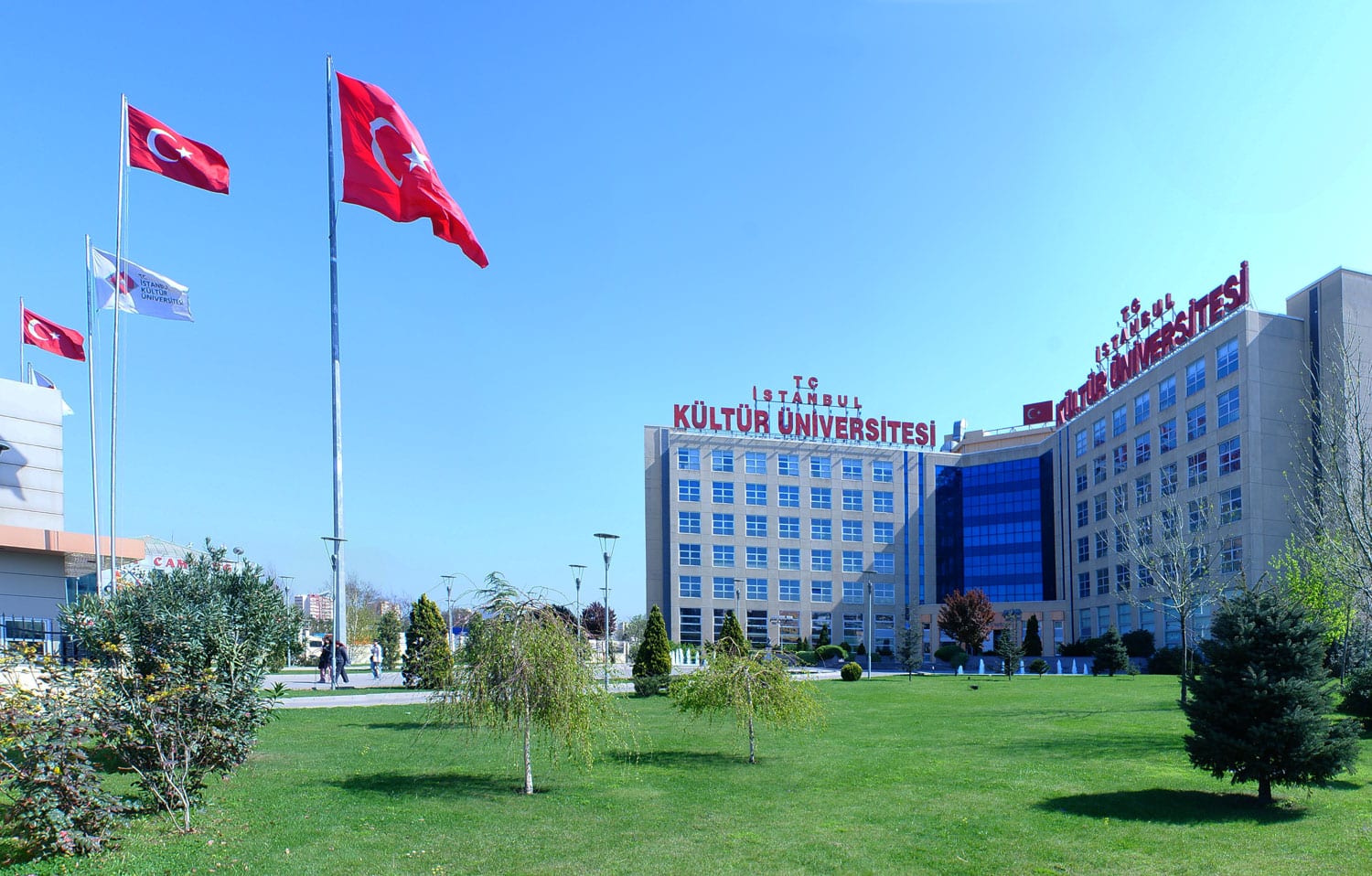Physics
Specialty
Natural sciences
Degree
Bachelor's
Master
PhD
Language
English
Duration
4 Years
Start Form
5670$
جدول المحتويات
Studying Physics is a highly regarded discipline that attracts numerous students to Turkey. This is due to the presence of many prestigious universities in the field, making it an appealing choice for both undergraduate and postgraduate studies. Turkey’s strong academic reputation and focus on scientific research in Physics play a crucial role in technological innovations and scientific advancement, both locally and globally. This article will explore the importance of studying Physics in Turkey, covering its key aspects.
What is Physics?
Physics is the branch of science that studies the nature and the laws governing the behavior of matter and energy in the universe. It encompasses several main areas, such as classical mechanics, which deals with the movement of objects and the forces acting upon them, and electromagnetism, which focuses on electrical and magnetic phenomena and their interactions. Other important fields include thermodynamics and quantum mechanics.

Physics serves as the foundation for many practical and technological applications, from the development of electronic devices and computers to medical applications like imaging and space exploration. Physicists rely on scientific experiments and mathematics as essential tools to understand the world around them and apply physical theories. This field requires a strong background in mathematics and other sciences, with opportunities for specialization through graduate studies.
Studying Physics in Turkey
Studying Physics in Turkey offers a unique educational experience due to the high quality provided by leading Turkish private universities. These institutions offer advanced educational programs and state-of-the-art facilities, staffed by highly experienced professors. Students benefit from opportunities to conduct advanced research in laboratories equipped with the latest technology, enhancing their practical and technical skills.
Economically, Turkey is an attractive option for international students due to its low tuition fees compared to Western countries and reasonable living costs. Additionally, universities offer programs in English, making it easier for international students to adapt to the academic environment and ensuring accessibility for non-Turkish speakers.

Turkey also offers a rich cultural experience and a unique geographical location, providing opportunities to explore multiple cultures due to its position between Europe and Asia. Moreover, the strong industrial ties and professional networks built by universities offer post-graduation training and employment opportunities, enhancing students’ prospects in the international job market.
Core Subjects in Physics
Physics is one of the fundamental disciplines in the natural sciences, where students learn to interpret and understand the laws governing natural phenomena. Physics is a science that deals with the fundamental principles controlling matter and energy, using mathematics as a primary tool for analysis and interpretation. It focuses on studying forces, motion, energy, materials, and the universe in general. Studying Physics is essential for understanding the basics of many other scientific disciplines, from engineering to chemistry and earth sciences.
Here are the main subjects that students typically study in Physics during their academic years:
- Mechanics: Focuses on studying motion and forces acting on objects, covering topics like Newton’s laws of motion, dynamics, periodic motion, and the mechanics of solid and fluid bodies.
- Thermodynamics: Deals with the study of heat and energy and the processes that transform them, covering topics such as the laws of thermodynamics, thermal systems, and thermal efficiency.
- Electromagnetism: Explores phenomena related to electricity and magnetism, including fundamental topics like Coulomb’s law, Faraday’s law, and Maxwell’s equations.
- Optics: Concentrates on studying light and its interaction with materials, covering topics such as refraction, reflection, interference, diffraction, as well as other concepts like lenses and mirrors.
- Modern Physics: Covers theories that emerged in the 20th century, such as quantum mechanics and relativity, where quantum mechanics deals with the behavior of particles at the atomic and subatomic levels, and relativity focuses on the effects of motion at speeds close to the speed of light.
- Solid-State Physics: Studies the properties and interactions of solid materials at the atomic level, covering topics like crystal structure, electronic properties, and materials mechanics.
- Particle Physics: Deals with studying the fundamental particles of nature and their interactions, covering topics like the standard model of particles, particle collisions, and experiments in particle accelerators.
- Astrophysics and Cosmology: Focuses on studying cosmic phenomena and celestial bodies, covering topics such as star evolution, black holes, and cosmology.

Duration of Physics Study in Turkish Universities
The duration of studying this major in Turkish universities is typically 4 years. The method of teaching the program may vary from one university to another, but generally, it does not exceed four academic years in most cases. Exceptionally, if the student is not proficient in Turkish or English, the university may require a preparatory language year to master one of the languages, extending the study duration to five academic years.
You can register with us now at Safa Company, which will accept your university admission easily
Safa Company is your first educational companion🎓 for communicating on WhatsApp🎓
Top Private Universities in Turkey for Studying Physics
Turkey is home to several prestigious private universities offering programs in physics, attracting numerous students eager to pursue this field. These institutions provide high-quality education, preparing students for global job markets by equipping them with advanced skills in various sectors. Among the top universities in Turkey offering physics programs are:
- Biruni University
- Bilkent University
- Istinye University
- Yeditepe University
- Izmir University of Economics
- Beykoz University
- Istanbul Kultur University
Studying Physics at Istinye University
Established in 2015, Istinye University has rapidly become a distinguished educational institution in Turkey. Located on the European side of Istanbul, the university has emerged as a significant center for knowledge production through its diverse research strategies.

Istinye University emphasizes the use of advanced technology in research and teaching, aiming to secure a prominent position in both national and international rankings. The university contributes significantly to humanity and plays a crucial role in economic, cultural, and social development.
The university boasts nine faculties across various disciplines, a dedicated graduate studies institute, 27 research centers, two vocational schools, 59 undergraduate programs, 45 master’s programs, and 18 doctoral programs. Additionally, it offers over 50 student clubs, providing a rich educational environment that fosters communication, collaboration, and practical experience.
Key Advantages of Istinye University
- Expert Faculty: The university employs highly experienced and qualified faculty from around the world.
- Cutting-Edge Programs: It offers advanced educational programs aligned with the latest global updates.
- Interactive Learning Environment: The university fosters a collaborative learning atmosphere among students.
- Diverse Fields of Study: It provides a wide range of disciplines across various fields.
- Research Support: The university strongly supports scientific research, offering students opportunities to engage in research projects.
- Accreditations: Istinye University holds numerous international and local accreditations.
- Bilingual Education: Most programs are taught in English in addition to Turkish.
- Prime Location: The university is situated in an excellent location in Istanbul.
- Affordable Tuition: Compared to other Turkish universities, Istinye University offers reasonable tuition fees.
Studying Physics at Istanbul Kultur University
Founded in 1997 by the Kultur Foundation (Turkey’s Cultural Education Foundation), Istanbul Kultur University is a private institution that enjoys the same rights and privileges as public universities. The university is committed to becoming one of the most successful universities in Turkey and Europe, utilizing modern technology and scientific research to serve society. It aims to provide high-quality education through research and human capital investment.

Key Advantages of Istanbul Kultur University
- Strategic Location: The university is centrally located in Istanbul, close to public transportation, facilitating student mobility.
- Academic and Professional Support: Istanbul Kultur University provides academic and professional support throughout the study period, including internship opportunities.
- Student Services: The university offers comprehensive healthcare, counseling, and continuous psychological support services to students.
- Affordable Student Housing: Separate housing for male and female students is available, equipped with all necessary safety measures.
- Part-Time Employment: The university allows students to work part-time on campus, helping them gain practical experience and improve their post-graduation job prospects.
- Extensive Library Resources: Istanbul Kultur University has a vast library, providing all the resources and references students need during their studies.
- Modern Infrastructure: The university’s infrastructure is built on the latest educational standards, featuring state-of-the-art classrooms, modern laboratories, and numerous recreational, cultural, and sports facilities.
Cost of Studying Physics in Turkey
Studying physics in Turkey is relatively affordable compared to other European countries. Tuition fees vary depending on the university and the specific program. For instance, annual tuition fees at private Turkish universities offering physics programs range from $4,500 to $8,700. This wide range reflects the availability of this specialization at various educational levels across different universities and the language of instruction.
Students should also consider living expenses, accommodation, and personal costs during their studies, as these vary by geographic location and living standards, including the availability of transportation and the cost of goods and services.
Opportunities
In the field of physics, numerous career opportunities are available, varying based on specializations and interests. Here are some of the key career paths:
- Academic Research: Physicists can work as academics in universities and research centers, conducting basic or applied research and publishing their findings in scientific journals.
- Industry: In industries like technology, energy, aerospace, and telecommunications, physicists develop new technologies, improve processes, and solve technical problems.
- Healthcare: Medical physics is a vital field involving the use of physical techniques in medical diagnosis and treatment, such as MRI and radiation therapy.
- Government Research: Agencies like NASA, national research institutes, and security agencies undertake projects requiring advanced physical knowledge, where physicists can join their teams.
- Technical Consulting: Physicists offer technical advice and expertise to companies on technology-related issues, analysis, development, and performance improvement.
- Teaching: Teaching physics in high schools or universities is a rewarding option for physicists who enjoy sharing knowledge and conducting research.
- Finance: Quantitative analysis in financial institutions benefits from the mathematical and analytical skills physicists develop, allowing them to work as experts in developing financial models and investment strategies.
- Technology and Computer Science: Physicists can work in software development, data analysis, and use their programming and data modeling skills to solve technical problems.
Specialty Price for Physics in Turkish Universities
| # | List of universities | Turkish | English | Enroll |
|---|---|---|---|---|
|
1 |
İzmir University of Economics |
- |
8000$ |
|
|
2 |
Yeditepe University |
- |
5670$ |
Related Programs
Follow the latest programs
No related posts found.


